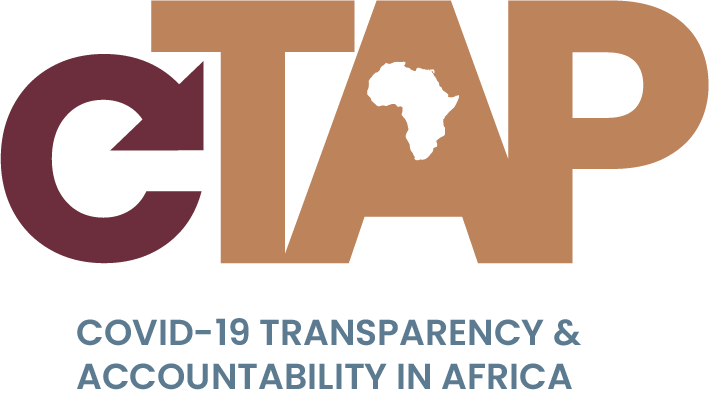BudgIT Ghana’s Research and Communications team led by Ms Jennifer Moffatt and Mr Khiddir Iddris, visited the Head of Administration of Noguchi Memorial Institute for Medical Research during their Institutional engagement at the Research Facility on the University of Ghana Campus, Legon, to follow up on the COVID-19 Vaccine Equity and Distribution reports.
Mr Theodore M. Ahuno, Head of Administration at the institute, stated, “Most of the things we do, the government does not allocate a budget for us. The only thing the government budgets for here is salaries. How we buy books and stationery, as well as everything we do here, is mostly from donor funding, either directly or indirectly. When we receive proposals for projects in line with health issues, they come with overheads, which we depend on…”
When asked if they have received any contribution from the Covid-19 Fund, he stated that the institute in August 2022 received GHC 2,200,000 from the Covid-19 fund to carry out 18-month research into the effects of the vaccines in Africans due to the various complaints and hesitancy issues associated with the various vaccines. He reiterated that none of the vaccines used by Africans has trials done in Africa; thus, it was essential to research the side effects of the various vaccines on individuals in Africa.
In reference to the vaccine efficacy, he stated, “At least we have a four-line clinical trial before a vaccine is issued as fit to use, and I’m sure that most of the ones we started taking were approved in haste after the third trial.” So, Noguchi has gone for money to look at all four or five vaccines used in Ghana to ascertain how the vaccine intake is behaving in different people. “Mr Ahuno said.
Some vaccine misconceptions and hesitancy issues discussed included but were not limited to; infertility issues in both men and women, ceased menstrual cycle, excessive menstrual bleeding, a vaccine containing a microchip that tracks individual movement, the vaccine being the mark of the beast (666) or those that thinks covid-19 is an elaborate scam by world leaders to curtail the movement of people.
When asked about how safe the laboratory is for his lab scientists, Mr Ahuno stated that” What people do not know much is that those in the lab settings are safer because the lab has a lot of protective equipment. Unless you are negligent, we have a system. Currently, we have an autoclave. It is an automatic way of trapping germs that may escape from research work. This makes it difficult for any sample under research to escape from the laboratory”.
In addition, Mr Ahuno mentioned that during the heat of the covid-19 pandemic, Noguchi was the only research laboratory running the COVID tests and samples. To fast-track the running of the tests and due to the urgency of the situation, Noguchi established an additional 45 testing centres across the country where the covid-19 samples are worked on.
Furthermore, all covid-19 blood sample test results are automatically released to both the individual and to the Ghana Health Service and Ministry of Health to enable contact tracing of those that test positive for the virus through the District Health Information Management System (DHIMS2) Dashboard.
He further elaborated that the Noguchi Memorial Institute for Medical Research was not involved in vaccine acquisition other than lab testing. The purchase and distribution of vaccines were rolled out by the Ministry of Health and the Policy Implementer—Ghana Health Service. He informed the BudgIT Ghana team that there are plans to establish a vaccine development institute for West Africa.
The team spoke about the current yellow fever outbreak in the North, monkeypox, and the Marburg virus, where 52 people in Ghana have tested positive.
The Noguchi Memorial Institute for Medical Research is 90% funded by donor agencies, with much of the funding coming from Japan. Speaking about some of the institute’s challenges, Mr Ahuno said, “It is costly to maintain a research institution.” Some challenges include equipment cost, maintenance, and the constant need to run on power, whether from the Electricity Company of Ghana (ECG) or on Diesel-Generator.
The team spoke about future partnerships in reporting the Noguchi Covid-19 story and experience and being a part of the emailing list. Since March 2020, Ghana has registered over 170,000 positive Covid-19 cases, with approximately 1,459 deaths. Per information on the Ghana Health Service dashboard, over 20 million doses of vaccines have been administered in Ghana, with the most popular vaccines being Astrazeneca (10,449,598), Pfizer-BioNTech (5,398,785), Jansen and Jansen (3,149,736), Moderna (1,065,357) and Sputnik-V (18,368).
